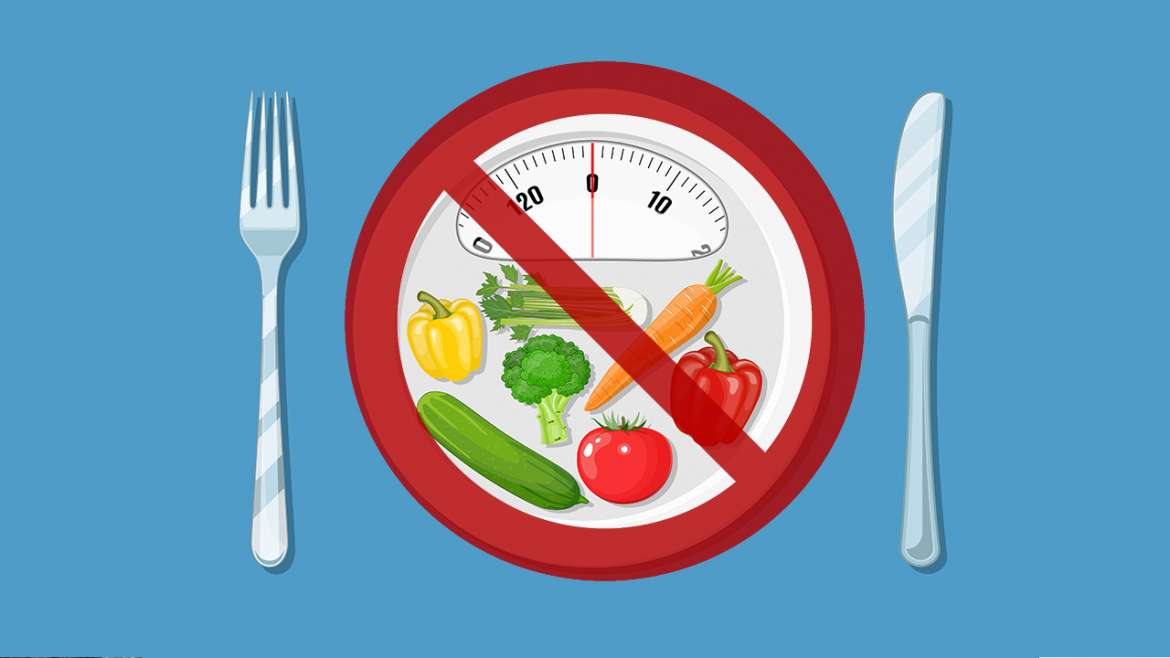We all know that losing weight can be tough. Many people diet for weeks and still don’t seem to make any progress. Or they make some progress, but once they go off their diet, they regain everything right back.
With so much contradictory information on dieting out there it’s important you don’t fall for bad advice. That’s why as a beginner you should focus on the proven basics while also avoiding the most common weight loss mistakes.
Mistake #1: Thinking All Healthy Foods Are Good For Weight Loss
Even though on average most foods you would normally regard as healthy should make up a big part of your diet, for examples vegetables, fruits or whole grains, that doesn’t mean all of them are ideal for weight loss.
A good example is olive oil. Olive oil is full of healthy monounsaturated fats but it is also pretty high in calorie at 120 calories per tablespoon. Another example are avocados. They’re also high in unsaturated fats and other healthy nutrients, but again they are pretty calorie dense.
When you are on a diet hunger will be your biggest enemy and it’s the most common reason people give up. So your goal is to lose weight but still be able to eat as much as possible to not feel hungry all the time.
Calorie dense foods like olive oil, nuts or avocados are not ideal for that, even if they’re generally healthy. You don’t have to cut them from your diet entirely, but make sure to build your meal plan around more high-volume low-calorie foods.
Mistake #2: Only Focusing On The Scale
Many people weigh themselves every day when they are dieting. They often become obsessed with the number on the scale and if it doesn’t move their day is pretty much ruined.
The problem is that in the short term your weight will be influenced by a bunch of things not just your body fat percentage. For example, water retention, food in your stomach or glycogen levels.
Because of these factors your weight can fluctuate several pounds over the course of a day. These fluctuations can mask actual fat loss but the can also make it seem that you are losing fat when all you got rid of was water weight.
Therefore it’s important to not go crazy if the number on the scale isn’t moving or not as fast as you want it to. For example, what happens to me a lot when I’m trying to lower my body fat percentage, is that I adjust my diet and eat less which definitely makes me lose fat but it also increases my cortisol which can lead to more water retention.
Sometimes I don’t seem to be making any progress over weeks and only once I take a diet break and my hormone levels go back to normal do I lose all the water. Those are the “swoosh days” where all the water weight disappears within a day or two and you finally see the results of your last few weeks of dieting.
Mistake #3: Eating When You Aren’t Hungry
The best example of this is breakfast. We were all told that it’s the most important meal of the day, which simply isn’t true. So if you aren’t hungry in the morning like so many other people, you don’t have to force yourself to eat a huge breakfast.
Instead, keep it small and leave more food for lunch and dinner or whenever you are most hungry. You always want to adjust your meal sizes to your hunger levels. That way you don’t run the risk of overeating at night because you already ate all your daily calories in the morning.
Mistake #4: Not Eating Enough Protein
Protein not only helps you stay full, but it is also very important for building and maintaining muscle mass when you are dieting. Unfortunately, many beginners eat way too little protein and that’s why they often lose not only fat but also muscle.
This makes them look kind of weak and flabby. You probably know it as skinny fat. Now, if you don’t know how much protein is enough check out my post on the ideal protein intake.
Mistake #5: Not Tracking Your Diet At All
I know a lot of people aren’t big fans of calorie counting. I completely understand and oftentimes just including more unprocessed and healthy foods in your diet will already make you lose weight without needing to do anything else.
But the more weight you want to lose the more important it is to know how many calories your body needs every day so you can go below that number to still ensure weight loss.
Also, like I said before getting enough protein is extremely important. Pretty much all calorie tracking apps also track macronutrients, which basically go hand in hand.
So even if you aren’t a big fan of calorie counting make sure to at least have a good understanding of your body’s energy needs and how much food you can eat to still lose weight.



